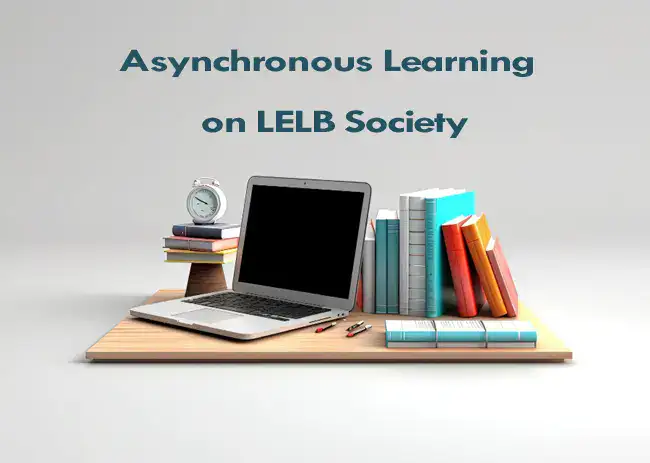Second Language Acquisition (SLA)
Second Language Acquisition (SLA)
An abbreviation for Second Language Acquisition.
Second Language Acquisition is the common term used for the name of the discipline. In general, SLA refers to the process of learning another language after the native language has been learnt (Gass & Selinker, 2008). Sometimes the term refers to the learning of a third or fourth language. The important aspect is that SLA refers to the learning of a nonnative language after the learning of the native language. The second language is commonly referred to as the L2.
Second language acquisition may take place either in the classroom (non-natural) or outside the classroom and in the society (natural setting) (Gass & Selinker, 2008). In so doing, having a reliable access to the speakers of the second language is really important.
Second language acquisition is a research field that focuses on learners and learning rather than teachers and teaching (VanPatten & Benati, 2010). According to Gass and Selinker (2008) ((Gass, S. M., & Selinker, L. (2008). Second language acquisition: An introductory course. New York: Routledge.)), SLA is “the study of how learners create a new language system” (p. 1). They add that SLA is the study of what is learnt of a second language and what is not learnt.
While SLA is now an autonomous area of research, it had its roots and initial justification in other areas, for example, language teaching, and it has been strongly influenced by other disciplines, such as linguistics and psychology. However, it had a special relationship with child language acquisition in that child language acquisition formed the basis of research in second language acquisition, with many of the original second language research questions stemming from the same questions in child language acquisition (Gass & Selinker, 2008).
SLA is used to refer to those contexts in which the second language is used outside the classroom, as well, as in the case of learning English in the United States or Spanish in Spain (VanPatten & Benati, 2010) ((VanPatten, B., & Benati, A. G. (2010). Key terms in second language acquisition. London: Continuum International Publishing Group.)). In this case, SLA is differentiated from ‘foreign language learning’, in which the foreign language is not usually spoken outside the classroom.
It came into existence in the 1970s and the early 1980s after doing some research on first language acquisition.
SLA is multi-disciplinary, including other fields of science such as: linguistics, sociology, psychology, sociolinguistics, psycholinguistics, education, etc.




Thank you for the brief interpretation of SLA.
let me see if I correctly understand the SLA and Foreign Language Learning: I as an Iranian migrated to the US and study American English in a native place. I actually will study language inside and outside of the classroom. There, I as a person consider to Foreign language learner. However, once I move to Spanish, as the English language is not their first language, then, I learn the language inside the class and just to learn, because, the fact is that I face the Spanish language everywhere outside the classroom. therefore, Spanish considers as a country by Second Language Acquisition. Did I get right?
Not exactly.
Let me explain it to you in more detail.
English in Iran is considered a foreign language because English is not widely spoken in the society and non-academic milieus. On the other side, for instance, English is regarded as a second language in India since a large proportion of the people in India do speak English apart from Hindi.
Your example as an Iranian living in the US does not make a good one because English in the US is the dominant language. A better example would be a bilingual place like Quebec where French is the dominant language. Notwithstanding, English is also spoken in this province in non-academic places. Consequently, English in Quebec is a second language, and French is the dominant one.
Now, I understood it. Thank you
How can I say ‘ I got it’ formal form?
You could say:
I’m now familiar with the concept.
It’s now clear to me.
It makes sense to me now.
send me your email address
Hi @william
You can see our email address on top of the site in the blue strip.
You’re quite welcome. I apologize to you for some delayed responses. I generally respond to all comments within 24 hours, though.
I really appreciate your time.
I do enjoy that. Anytime!
please reply me with my e mail
(norahwilliam1@hotmail.com
OK. Thank you.
please reply me with my e mail
(norahwilliam1@hotmail.com
please reply me with my e mail
(norahwilliam1@hotmail.com